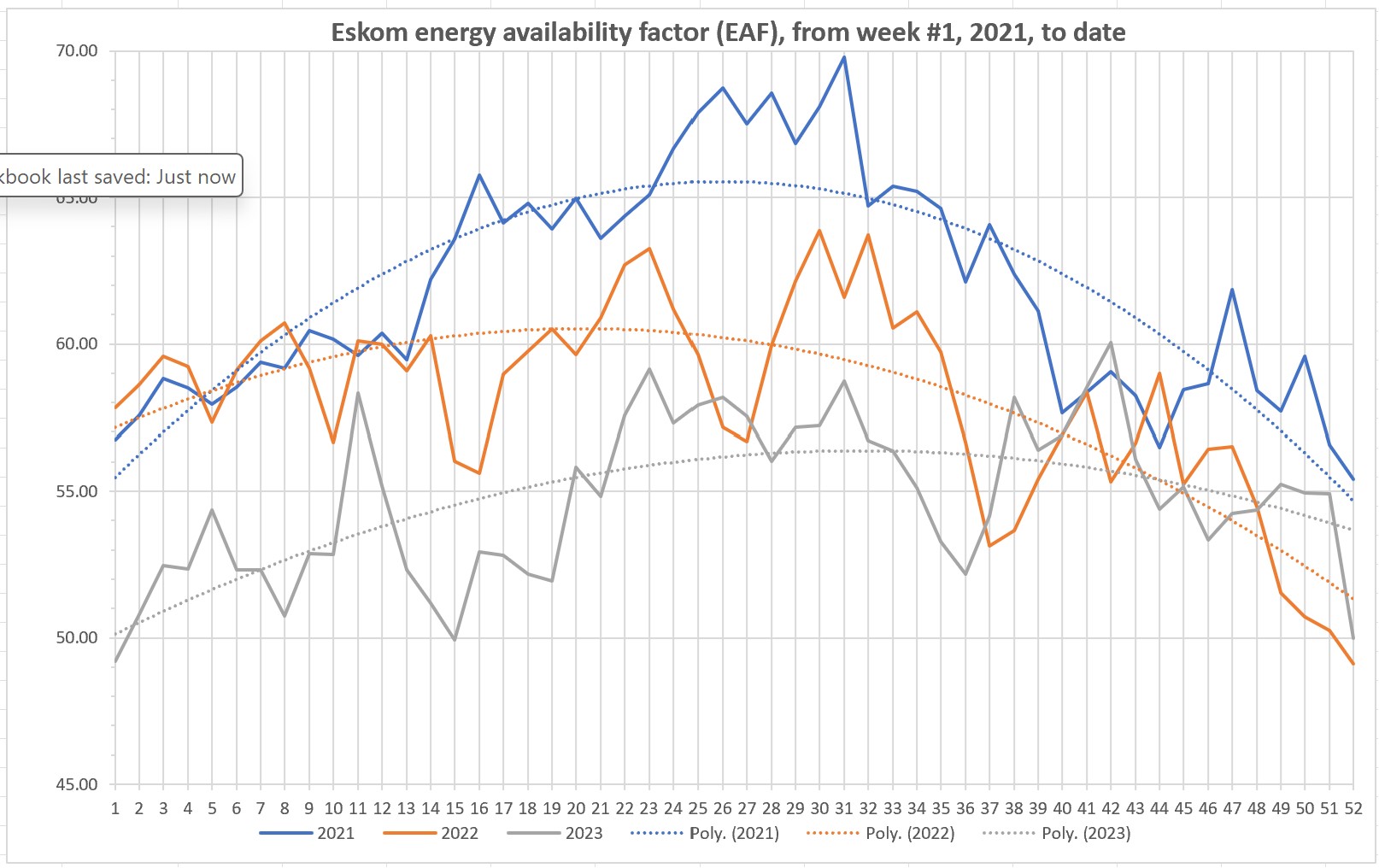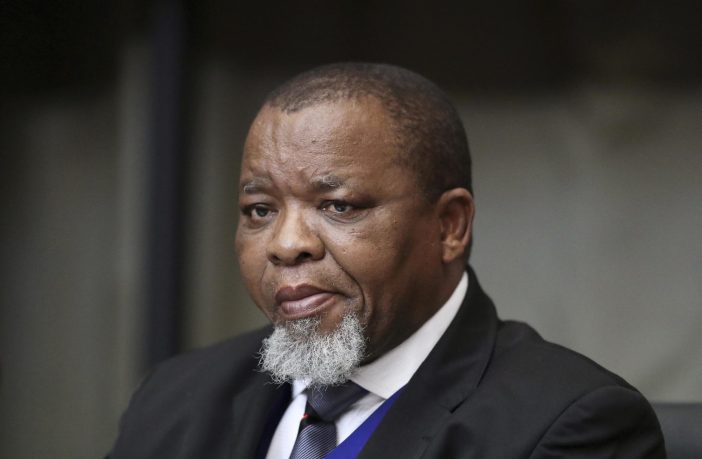Open-Ed
- After publishing the ‘emerging’ Draft Integrated Resource Plan 2023 (IRP) for public comment on 4TH January 2024, the DMRE has put out a brief notice providing supporting documents.
- The long-awaited IRP has brought widespread criticism for lack of detail and baseless technical assumptions.
- Only two virtual workshops have been scheduled for public comment on 18th and 31st of January.
- The DMRE plans to seek approval from Cabinet in May, before a national election take place in the country.
- If the IRP is not adopted before national elections, the process starts from scratch.
While the DMRE explains that the IRP is a living plan that is expected to be continuously revised and updated as necessitated by changing circumstances. As such, the document does not deliver a fixed plan. Rather, it presents a number of scenarios and pathways based on two timeline horizons namely, Horizon One – period 2023-2030 and Horizon Two -period 2031 -2050. The scenarios are based on certain events and outcomes happening in the energy generation sector.

Horizon One – scenarios studied for the period 2023 – 2030. Image credit: DMRE

Horizon Two energy pathways. Image credit: DMRE
Some high level points of concern regarding the plan:
- The plan provides no assurance of energy security for ordinary South African’s by not target the ending of load-shedding, rather, it assumes that load-shedding will continue for the next four years or more.
- Major increase in the capacity allocation for gas power capacity (6220MW) that must run hard (86.7%) to deliver base load where traditionally these plants deliver flexible peaking capacity as a reserve option. No supply chain infrastructure determination or cost comparison and assumptions with alternative generation technologies are offered and we must consider that the ANC party may stand to benefit financially from the gas supply value chain through indirect interests in donor and benefactor, Shell SA. Read more
- The plan includes the three Karpowership SA floating gas ship projects totalling 1220MW but Eskom has pulled the plug on their grid access capacity allocations. Read more
- There is no capacity allocation for hydrogen power generation leading up to 2050.
- Strong talk of small modular nuclear deployment with no details on cost assumptions/comparisons to other generation technologies or radioactive waste disposal plan.
- Reduced allocation for wind (4468MW) and solar (3615MW) projects which can be argued as deliberate in favour of gas power.
- The plan relies on a total of 10436MW coming from private sector generation leading up to 2030 which includes of 6314MW of solar, 2229MW of wind and 1720MW of a combination of both. In reality, the roll out from the private sector of solar in particular, is likely to be much bigger than the capacity allocated. Eskom, the South African Wind Energy Association (SAWEA) and South African Photovoltaic Industry Association SAPVIA last year conducted a ‘Renewable Energy Grid Survey’ which reveals that 66GW of renewable energy projects are under development which includes 21GW of wind and 7.5GW of wind and battery storage plus 13305MW solar PV and 19572MW of solar PV with battery storage. All projects recorded in the survey are ‘shovel ready’ (construction ready) or close to it. Read more
- The assumptions that Eskom’s energy availability factor (EAF) will increase to between 66 and 69% are baseless. Eskom’s EAF has been in steady decline. The EAF for the full 2023 calendar year has dropped to 54.71%, compared to 58.11% for the full 2022 calendar year.

Eskom week-on-week energy availability factor EAF for 2023. Data source: Eskom. Image credit: Chris Yelland. Chris is an energy analyst, consultant, electrical engineer, public speaker, writer and MD at EE Business Intelligence (Pty) Ltd. Follow Chris on X – @chrisyelland
- The plan proposes a delay in the de-commissioning of on coal fired power stations without substantiating impact on meeting the country’s minimum emissions standards.
- The IRP 2023 plan is not synchronised in lockstep with the country’s Transmission Development Plan.
- The review process in the document determination was undertaken using the Plexos modelling tool with a team of consultants from the provider, procured seemingly outside of a tender process. There may be better sources for formulated such modeling locally, with a better undertstanding of the local context, and is the input data correct? In Johannesburg alone, it is estimated that there are more than 20000 unregistered solar systems. Read more
- There is no oral comment process from stakeholders at locations around the country to voice their concerns on the IRP.
Link to the full gazetted Draft 2023 IRP plan HERE
Have your say
Interested persons and organisations are invited to submit by 23 February 2024. Written comments on the Integrated Resource Plan 2023 can be addressed to the Director-General of the Department of Mineral Resources & Energy using:
By Post:
Private Bag X 59, Arcadia, 0007
Or by hand:
Department of Mineral Resources & Energy, Trevenna Campus, 71 Meintjies street, Sunnyside, Pretoria,0002
Or by email:
IRP.Queries@dmre.gov.za
Or by link:
https://forms.office.com/r/sgJ5RPM3pD?origin=QRCode
Kindly provide the name, address, telephone number, fax number and e-mail address of the person or organisation submitting the comment. Please note that comments received after the closing date may be disregarded.
INTEGRATED RESOURCE PLAN DOCUMENTS, 2023
- Integrated Resource Plan, 2023 for public comments
- Demand Projection Model in Support of IRP Update 2023 – Energy Systems Research Group, University of Cape Town
- EPRI Report: Supply-Side Cost and Performance Data for Eskom Integrated Resource Planning
- Socio-Economic Impact Assessment System (SEIAS)
- New Tech assumptions Integrated Resource Plan, 2023
- IRP 2003 Unpacking the IRP Public Session 09 Jan 2024
Author: Bryan Groenendaal















